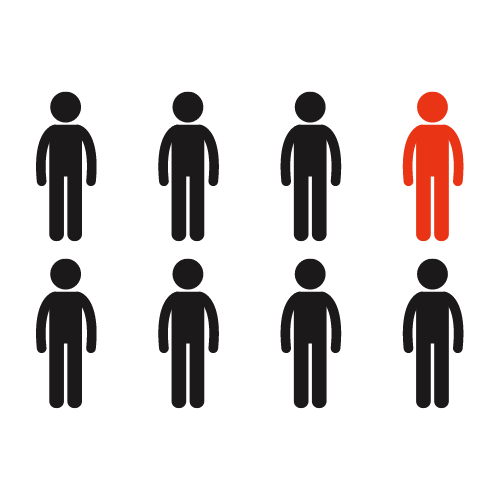Nurturing Health & Well-being for All
·
Strengthening Resilience, Fostering Hope
·
Helping the Displaced Heal and Thrive
·
Advancing Health in a World that is Mobile
·
Nurturing Health & Well-being for All · Strengthening Resilience, Fostering Hope · Helping the Displaced Heal and Thrive · Advancing Health in a World that is Mobile ·
Empower Lives: support immigrant and refugee health
Welcome to the Public Health Institute’s Center for Immigrant and Refugee Health (CIRH), a welcoming space for immigrants and refugees, their service providers, and advocates, who together navigate the intricate path to overall well-being in the United States.
More than
1,000,000,000
people globally are immigrants, refugees, and migrants
1 in 8 people in the global population moved from one place to another
Source: World Health Organization Refugee and Migrant Health (2022)
California is home to 10.4 million immigrants
In 2022, the most current year of data, 27% of California’s population was foreign-born, the highest share of any state and more than double the percentage in the rest of the country (12%)
Source: Public Policy Institute of California (2024)
Do you or someone you know need resources to support your community?
Our multilingual training videos are created for both immigrant and refugee community members and the people who support them. These videos cover key public health and cultural topics, offering culturally responsive and trauma-informed tools to promote health, inclusion, and well-being for all.

Why is addressing refugee and immigrant health important?
Forced displacement is a global public health issue
By the end of 2022, UN Refugee Agency statistics show that 108.4 million people around the world were forcibly displaced due to war, political conflict, racism, religious discrimination, civil unrest, persecution, natural or manmade disasters, and human rights violations.
Addressing the needs of refugee and immigrant populations in the United States is a health equity issue
Proactively addressing the health needs of refugees and immigrants is crucial for fostering health equity. Refugees and immigrants face challenges accessing care due to language barriers, unfamiliar healthcare and social service systems, combined with limited personal resources. By investing in their well-being, we not only enhance overall public health outcomes but also enable individuals, regardless of their newcomer status, with equal opportunities to achieve optimal health.
The United States admits immigrants and refugees of special humanitarian concern entrance into the country, reflecting American core values and the tradition of being a safe haven for the oppressed.
The Refugee Act of 1980 standardized federally supported resettlement services and established the United States as a leader in welcoming some of the world's most vulnerable refugees, including women and at-risk children, survivors of torture and war atrocities, and the elderly.
There is a lack of research and support
Without comprehensive research and support for the unique and nuanced health challenges faced by immigrants and refugees, the obstacles to fostering general well-being are exacerbated. Today only a handful of studies, often with small sample sizes, address these populations. The various social determinants of health—such as adequate housing, access to education, and employment—are for these populations often inadequate, limited, and overly restrictive. With funding, research, and targeted support of culturally appropriate, evidence-based strategies, we can improve the overall well-being of individuals and foster thriving communities.
The intersection of human mobility and public health bears historic importance
The intricate relationship between human mobility and public health has woven a dynamic tapestry throughout history, and in its course shaped societies, economies, and health outcomes across space and time. This multifaceted interconnection involves the movement of people, the spread of diseases, and the exchange of medical knowledge and practices. Recognizing and addressing these intertwined challenges is imperative if we are to formulate effective public health strategies and policies at the national and international levels.











